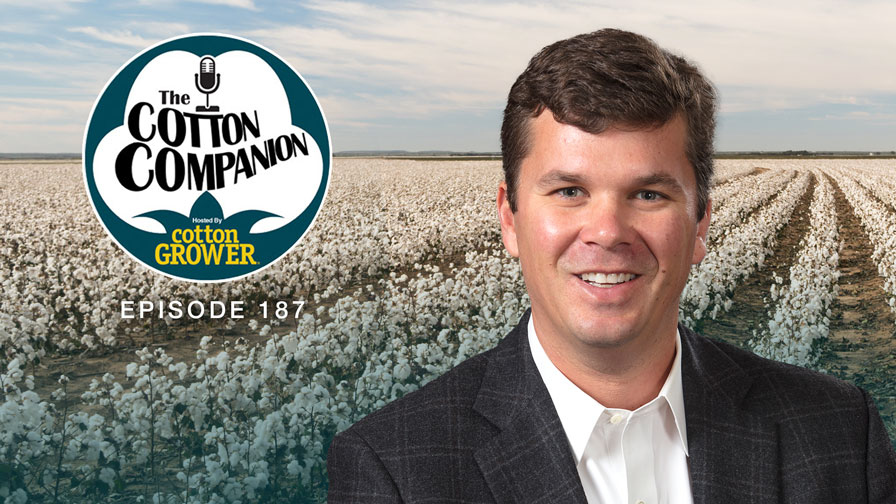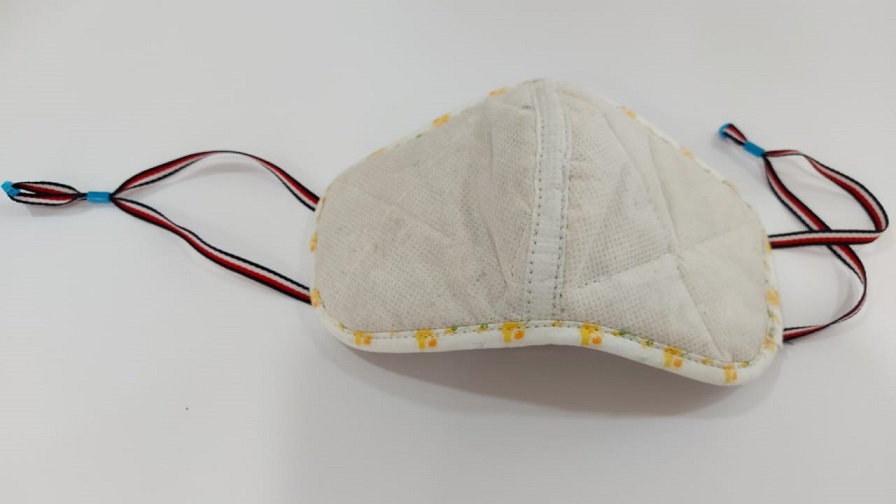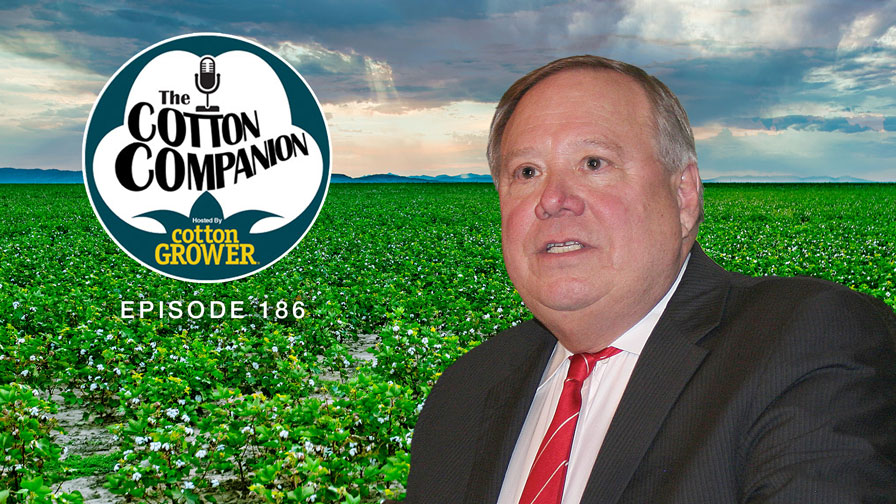PhytoGen Showcases New Varieties

By Beck Barnes
Assistant/Online Editor
For breeders in Dow PhytoGen’s cotton programs, the yield bar has been pretty clear for the past several years. PhytoGen’s PHY 375 WRF has been the company’s gold standard, and was the second most popular variety in the entire United States in 2010, accounting for 7.72 percent of national acreage, USDA data shows.
But according to company sources, PhytoGen may have developed a variety that can consistently out yield PHY 375 WRF. The new variety, PHY 499 WRF, is creating a buzz within the company, says PhytoGen’s Reed Parker.
“The breeder for 375 is also the breeder for 499, and he pulled me aside one day and said ‘I may very well spend a very large portion of my career trying to out yield 499.’ For the guy who brought us 375, that’s an outstanding comment to make,” Parker says.
Speaking at a PhytoGen field day in Leland, MS, in early September, Parker highlighted many of PhytoGen’s offerings for the next growing season.
“PHY 499 is very vigorous in its growth, very indeterminate, and you’re going to have to stay on top of this one from the time it comes out of the ground and pinhead square, you’re going to have to stay with it the full season.
“This is going to be one that acts very much, I believe, like (DP) 555 (BG/RR) in the field. What I mean by that is that you’re going to have to be aggressive and you’re going to have to stay with it on your Pix,” Parker says.
The variety will be made available for commercial sales in 2011, according to Parker.
He also spoke at length about PHY 367 WRF, PhytoGen’s root-knot nematode tolerant early maturing variety.
“My recommendation for this variety is that it needs togo on root-knot nematode infested soils, where you know you’ve got root-knot nematodes. The second recommendation is going to be to put it where you can get water to it. If you do that, this variety will show out for you,” Parker says.
Cotton breeder Mustafa McPherson was also on hand at the field day to discuss PhytoGen’s varieties. McPherson says that most varieties take 12 or 13 years to develop for commercial use, and because he has been with the company since 1998, he is beginning to see the fruits of his labor come to the market.
“When I came here in 1998, my initial focus was to develop a germplasm base that was very high yielding. My understanding at the time was that yield was the hardest thing to improve on a variety, so I focused strictly on yield.
“As a result of those efforts, we’re seeing the fruits with 375 and also the new one, 499, which is scheduled for release next year. The yielding abilities of these lines are really quite exceptional,” McPherson says.








